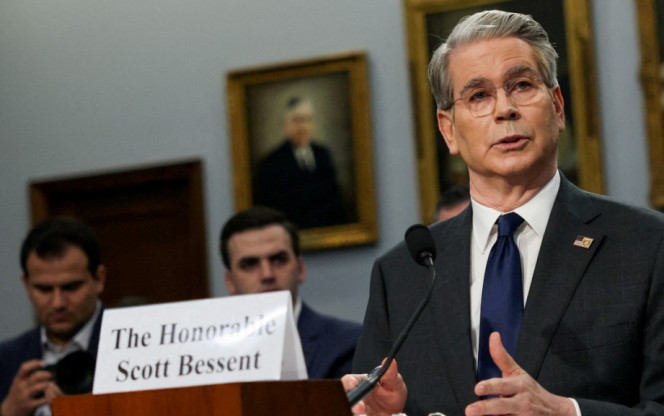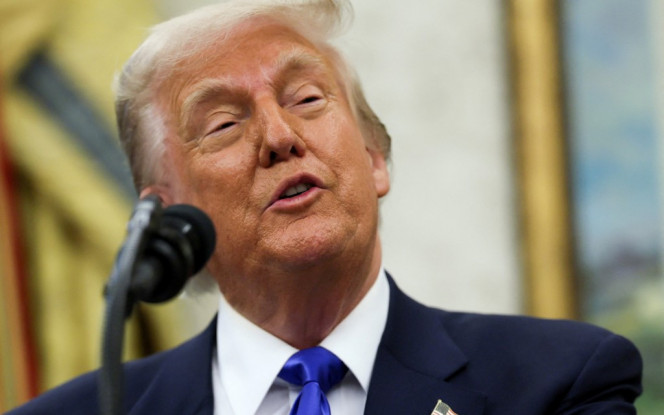EU Tariffs on Chinese Machinery; Wang Yi at BRICS Meeting; US Cuts on USAID Operations; China International Legal Forum

EU Imposes Anti-Subsidy Tariffs on Chinese Machinery
The European Union's imposition of tariffs as high as 66.7% on Chinese mobile access equipment marks a significant pivot in China-EU relations. According to a report from World Journal, the EU's decision stems from allegations that Chinese manufacturers benefit from unfair subsidies, which they utilize to undercut local European competitors. This action indicates a move to protect European manufacturing, especially given that Chinese market share in this sector rose from 29% to 41% from 2020 to 2022.
The report highlights the EU's concern over the loss of market dominance despite strong demand for MAE—a crucial equipment in construction and other high-altitude installations. With companies like Haulotte and Manitou leading the European front, these tariffs aim to restore fair competition.
From a broader geopolitical perspective, this maneuver can be seen as part of the EU's broader strategy to safeguard its economic interests amidst rising Chinese influence. The move parallels recent EU actions on various Chinese imports, reflecting a consistent pattern of economic self-preservation.
Wang Yi at BRICS Meeting: A Call for Multilateralism
In Rio de Janeiro, Chinese Foreign Minister Wang Yi reiterated China's commitment to multilateral trade rules and international cooperation at the BRICS Foreign Ministers' Meeting. As reported by CGTN, Wang criticized the United States for its unilateral actions and implored BRICS countries to reinforce a rule-based multilateral trading system centered around the World Trade Organization (WTO).
In his speech, Wang outlined proposals to enhance global governance, emphasizing financial reforms at the World Bank and the International Monetary Fund to better represent the Global South. These remarks indicate China's strategic positioning as a leader amongst developing nations, advocating for fairer global economic structures.
Furthermore, Wang's calls for a green transformation and digital cooperation signal China’s ambition to be at the forefront of future economic paradigms, which are essential for sustainable global growth. His endorsement of Brazil's upcoming COP30 conference suggests a diplomatic wooing of Latin American influence against western policies.
Japan's Role in Global Development: Response to U.S. Retrenchment
Sina's report reveals Japan's strategic deliberations as the USA scales back its international development influence, cutting back on USAID operations. During a speech by Koji Temple, he voiced concern over China's potential to fill the void left by the U.S.'s retreat, as cited in his comments at CSIS.
This situation presents Japan with a unique opportunity to shore up its influence in international relations and support its ally, the United States. Japan’s backing could come in the form of stepping into areas where the USA exits, providing a balancing act in the geopolitical landscape dominated by forces opposing U.S policies.
The narrative advocates for Japan's proactive engagement in filling these international gaps, seizing the moment to bolster economic and security ties, particularly in Southeast Asia. Japan's strategic moves will be pivotal to maintaining stability and countering China's expanding reach.
China's Legal Diplomacy: Hosting the International Legal Forum
At the China International Legal Forum in Dalian, the focus was on strengthening rule-of-law frameworks in foreign affairs, underscoring China's approach to international diplomacy through legal channels. As reported by the Foreign Ministry of China, this event marks a continuation of China's efforts to weave international law into its diplomatic engagements, reinforcing its stance on multilateralism.
Such initiatives help frame China as a proponent of international norms and rules, possibly acting as a counterbalance to the perceived chaos stemming from other global power plays. Equally, by hosting these discussions, China seeks to assert itself as a thought leader shaping new legal frameworks in international relations.
This aligns with China's broader geopolitical strategy to institutionalize and legitimize its global rise through well-established international channels—efforts that will reverberate with its trading partners and lesser-involved countries alike.


